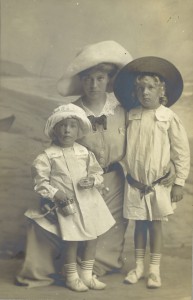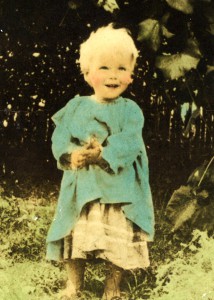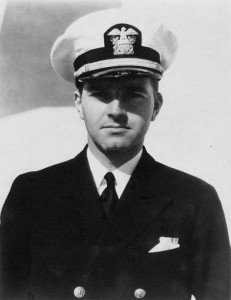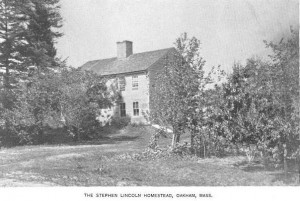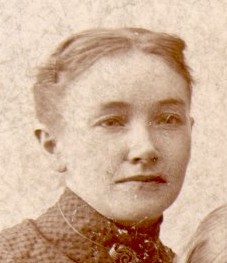
When I was a child, my classmate Jimmy would often tease me about my middle name: Paine. “Why is your name ‘Pain?’ Were you a pain to your mother when you were born? (Tee-hee!)” When I complained to my mother that my name was a problem and a target for Jimmy’s teasing, she replied, “Well, the name Paine is an old and extremely honorable name. You are, in fact, a descendant of Thomas Paine, who wrote the famous pamphlet Common Sense, which was one of the main inspirations for the American Revolution!” Wow! Was Jimmy impressed!
Not only do I have an old and honorable name, I’m also the descendant of a famous patriot! Of course, Jimmy stopped teasing me and I became a bit of a third-grade celebrity, for a day or two, anyway. Continue reading A Ruth by any other name
